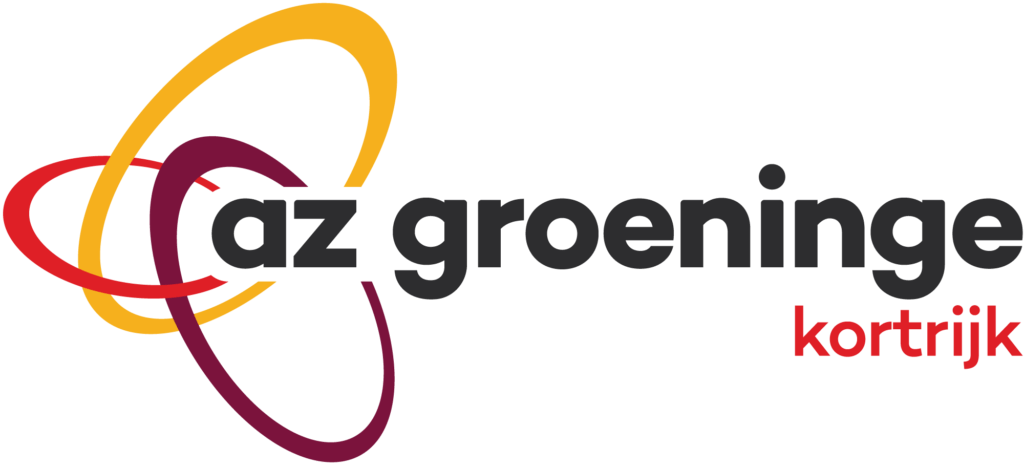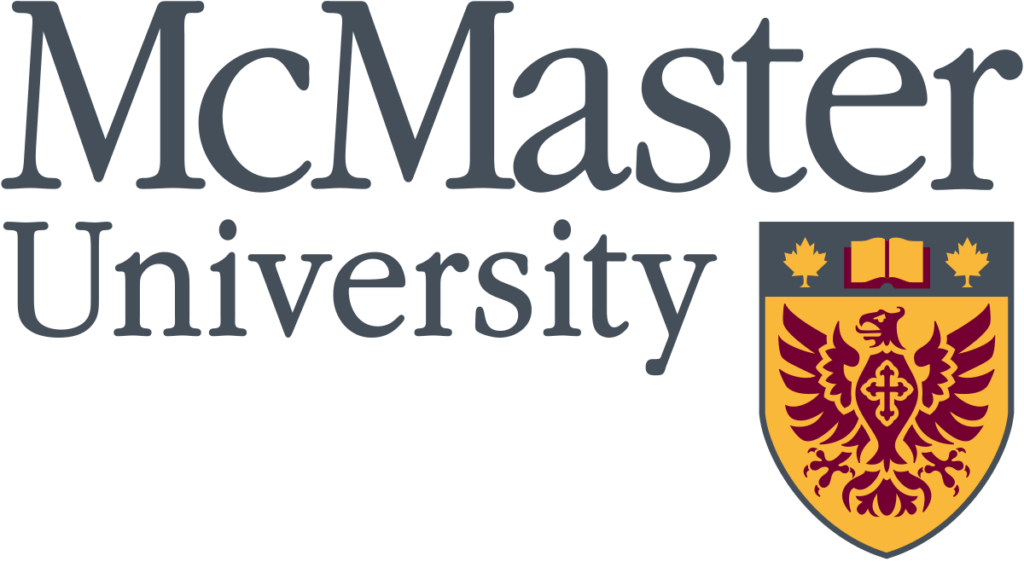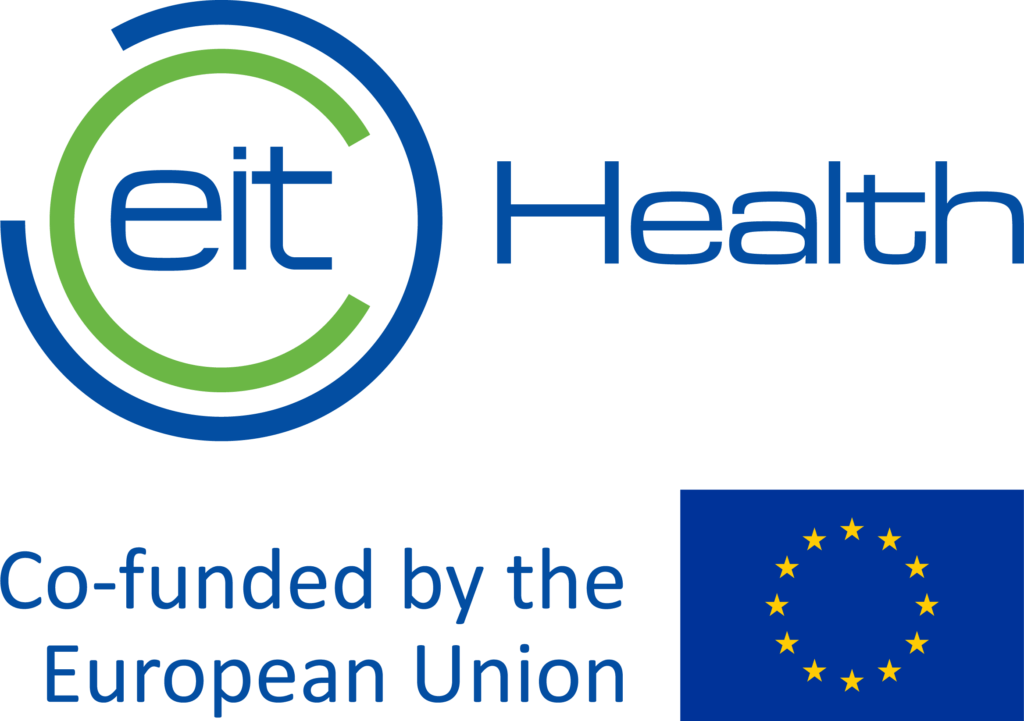We help hospitals to accurately identify patients at risk of delirium and alert clinic staff which patients require prevention. Fully automated, based on AI. Reduce delirium cases & prevention effort for staff – measurably.




✅ Automatic pre-warning system identifies at-risk patients – certified as a medical device (CE mark Class IIa)
✅ Daily automated reports and dashboards with key metrics as a constant feedback loop
✅ Close support and change management to introduce suite in 12-weeks
✅ Comprehensive in-person and e-learning + support tools. Our “Delirium Hub”


“As clinicians consider and discuss surgical risks for their patients, we should similarly consider the risk for post-operative delirium. The use of PIPRA can personalize this risk calculation and provide both patients and clinicians with actionable information, with the purpose of instituting a delirium mitigation plan for that specific individual.”
Stanford University School of Medicine

“There is a perception that elective surgeries have become extremely safe, thanks to advances in operative technique and anesthesia care. This view overlooks the fact that a substantial number of patients, in particular older ones, experience adverse cognitive outcomes after surgery. PIPRA has a game-changing solution which squarely addresses this need. It estimates delirium risk accurately and reliably, thanks to an AI algorithm trained on routinely collected clinical data. This is an extraordinarily valuable tool which will have a positive impact on choices made by patients undergoing surgery and their families, as well as surgeons, anesthesiologists, nurses, and other professionals who have a stake in the perioperative enterprise.”
Johns Hopkins University

“PIPRA proposes a new tool that allows rapid determination of an individual patients risk to develop postoperative delirium after an operation. This is a very exciting and important development which can improve current clinical practice. We will finally be able to not only target resource intensive non-pharmacological preventive interventions to those patients who benefit the most but we will also be able to design clinical trials regarding delirium based on risk groups.”
Head of Anaesthesiology, Universitätsspital Basel

“PIPRA is a huge advancement compared to the usual standard of care. The score that distinguishes between those at risk and those who are not is tremendously helpful.”
Former Head of the International Medical Center, Klinik Hirslanden Zurich

“In case of surgery, we all expect to recover fully and fast. The reality is often different. PIPRA is applying cutting edge technology to make surgery for all of us safer. PIPRA is a great idea with a great team to make it happen.”
CEO Touring Club Schweiz

“Patients who develop delirium while in hospital cause a disproportionately high additional workload for nurses. This quickly becomes a vicious cycle. The less time nurses have for a patient, the higher the likelihood that the patient will develop delirium. PIPRA identifies patients who are at risk and thereby enables nurses to initiate and control the relevantclinical care process in a timely and targeted manner. Early intervention through PIPRA can prevent delirium, and decrease workload and stress fornurses. This is an important contribution to healthcare providers, considering the current high volume of work and the problem of scarce personnel resources in the field of nursing.”
Pflegeexperte/ Nursing Research Coordinator, Klinik Hirslanden


We do our best to minimize the time it requires from your staff during the introduction of PIPRA. The idea is that we / PIPRA handle as much of the heavy lifting as possible. At best, we expect a few hours from a few key people who are involved in the project.
PIPRA helps predict a patient’s risk of developing delirium before or right at hospital admission and alerts staff. This allows doctors and nurses to focus prevention efforts on the patients who need it most, reducing workload for prevention by at least 40%.
In contrast, delirium screening (using methods like DOS or 4AT) checks whether a patient already has delirium. If the screening suggests delirium, a doctor should confirm it with a diagnostic test like CAM.
Yes! It has been extensively validated in various settings. Both in terms of it’s performance as a prediction algorithm and it has also been validated for clinical outcomes (reducing delirium). See the “supporting publications” page for more details. Finally, our automatic delirium prediction tool (although entirely software) is classed as a Class IIa medical device in the EU and has been approved (CE-marked) for medical use. Watch this video for more details https://youtu.be/LJf8mHj8S3M
PIPRA is best in class and outperforms existing models. It is important how well a model performs on new and unseen data (external validation). An external validation was performed using new, prospectively collected data and PIPRA was compared to the MDP-surgical and VDD (Epa-CC). PIPRA had a higher performance (AUC 0.77) compared to VDD (0.64) and MDP-surgical (0.69).
In a prospective non-inferiority clinical trial, PIPRA was compared to expert clinicians (anaesthetists with median experience of 7 years) who saw the patient prior to surgery and assessed their delirium risk holistically. The trial showed that PIPRA is at least as good at predicting POD as expert clinicians.
Once installed, PIPRA runs seamlessly in the background. It does not require any further data input but instead uses data usually collected prior to surgery (such as in the pre-anaesthesia consultation). Therefore, no extra effort is required and like this, no patient is missed.
The installation itself requires a set up phase. There are different options for installation, ranging from very little effort to full integration. We provide a free consultation to assess the workload.
We also provide support to set up a full delirium management programme using our 12-week implementation programme.
From a technical perspective, the integration is simple (connection via HL7 FHIR compliant API). However, we appreciate that IT departments are often stretched and delays can be extensive. Therefore, we have an additional offering of a “virtual / digital employee”, that takes three days to set up and requires no more than a regular user login to the EHR system – just like onboarding a new employee. Ask us for details.
Our PIPRA algorithm service is ISO 27001 and NEN7510 certified. The data required is anonymous and data is hosted in Ireland and Germany. We do not use your data to further train our algorithms. Contact us to request our data security checklist for more details.
Yes, we offer tailored programs depending on any existing processes. We don‘t reinvent the wheel, but we support smooth implementation of any missing elements in your delirium management program that could further reduce the delirium incidence and resources invested. Contact us for more details.

Please select your location to continue.